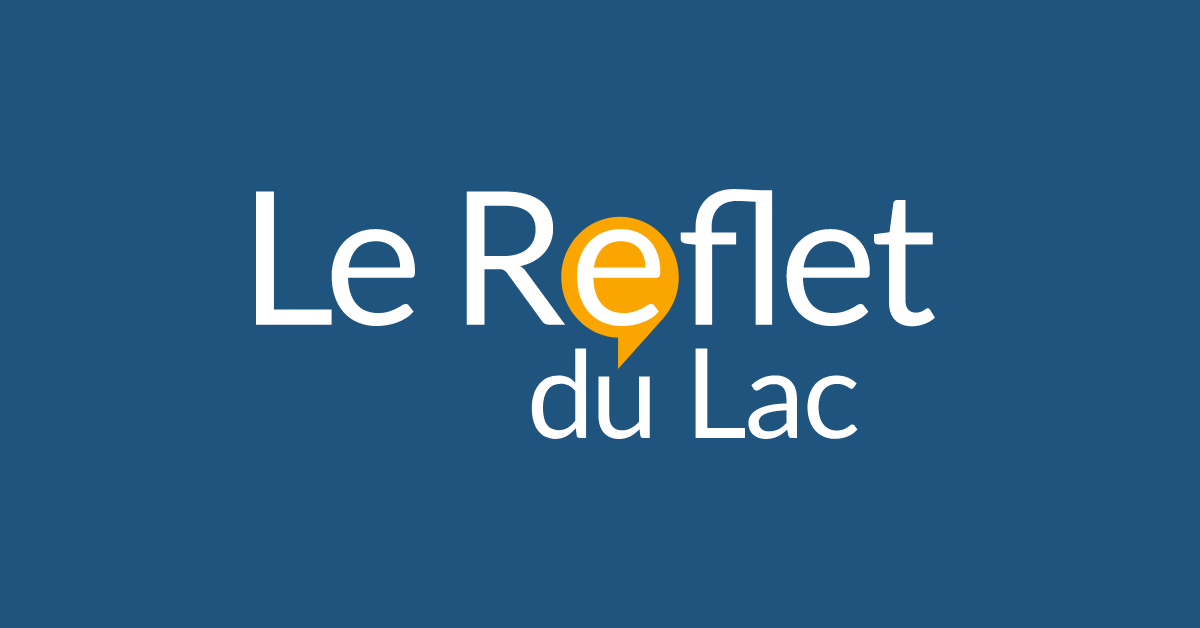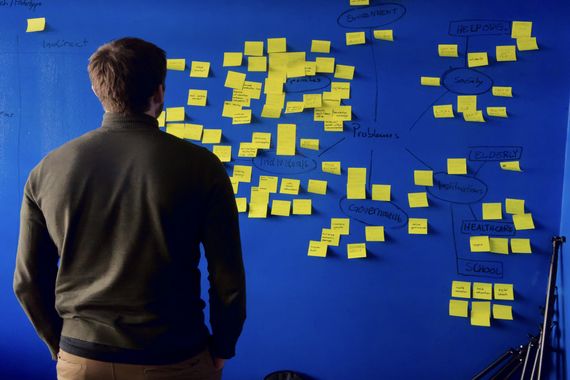
OpenAI on Thursday launched a mobile application for ChatGPT, the generative artificial intelligence (AI) interface, which is already experiencing exponential growth on the web and whose impressive capabilities excite and unnerve.
The new app is available on iPhones in the US, to begin with, and should “soon” arrive in other countries and on Android (Google)-powered cell phones, according to a press release from the California company.
Free, it allows, like the website, to discuss with the interlocutor and especially to ask him to write messages, explain technical concepts, suggest ideas, summarize observations …
OpenAI promises, for example, “to get accurate information without having to sort through multiple ads or results,” the current paradigm for search engines. But upon first opening, the app immediately warns that ChatGPT may “provide inaccurate information about people, places, or facts.”
ChatGPT was launched at the end of November, and it exceeded 1 million users in one week, which is a record. Two months later, the service already has around 100 million monthly active users, another record according to a UBS study reported by the press.
Microsoft, the lead investor in OpenAI, has integrated the broad language model on which ChatGPT is based into Bing, its search engine, and Google is about to launch a beta version using generative AI.
This rapid adoption of ChatGPT and other AI software (computer code, images, audio, video) is causing fundamental concern in many industries.
Teachers see their students delegate their essays to ChatGPT; many managerial and creative jobs are threatened; Politicians fear that this technology will foster increasingly sophisticated disinformation; Lawsuits have been launched on intellectual property issues.
Sam Altman, head of OpenAI, is calling for government intervention to better regulate AI. At a Senate hearing on Tuesday, he said that AI has “the potential to improve nearly every aspect of our lives,” but it “also creates grave risks.”
OpenAI wants to achieve so-called “general” artificial intelligence, that is, software with human cognitive capabilities.
ChatGPT’s success also creates opportunities for hackers: earlier this month, Meta (Facebook and Instagram) reported the emergence of fake AI tools.






